
Here’s the thing about German wine – most people think Riesling and call it a day. But while you’ve been sleeping on Deutschland’s red wine game, a hybrid grape called Acolon has been quietly building an empire in the vineyards of Württemberg and beyond. This isn’t your grandfather’s German wine story – this is about innovation, resilience, and why sometimes the best things come from the most unexpected places.
In this article, we will delve into all the secrets of Acolon, from its unique characteristics to the best food pairings for this German wine, which is gaining recognition comparable to that of Pinot Meunier, Pinot Blanc, and Pinot Gris.
Think of Acolon as the startup unicorn of wine grape varieties – created in a lab (well, vineyard research station), designed to solve real problems, and now scaling rapidly across multiple markets. Born in 1971 at Germany's Staatliche Lehr- und Versuchsanstalt für Wein- und Obstbau in Weinsberg, Acolon represents what happens when German engineering meets winemaking.
This varietal originates from two powerhouse parents: Blauer Lemberger (also known as Blaufränkisch) and Dornfelder. If wine grapes had LinkedIn profiles, these parents would have impressive credentials – Lemberger brings structure and elegance, while Dornfelder contributes deep colour and robust character. Their child, Acolon, inherited the best of both worlds: early ripening, disease resistance, and the ability to produce intensely colored wines with mild tannins.
Here's what makes Acolon different from your typical red wine grape:
The winemaking process for Acolon is where German precision meets accessibility. Unlike diva varieties that demand constant attention, Acolon is the low-maintenance friend who still shows up looking great to every party.
If Acolon were a real estate investment, it would be all about location, location, location – specifically, cool climate locations where other red varieties struggle to ripen properly.
Expansion Statistics:
While it’s still most widely planted in Germany, cultivation of Acolon vines has expanded to other regions, such as Switzerland and Austria, thanks to the perseverance of dedicated growers.
Here's where Acolon gets interesting – it's like the Swiss Army knife of red wines. Wines produced from this grape offer a multitude of flavour dimensions, without the complexity that overwhelms and scares away casual drinkers. These wines are usually intended to be enjoyed young.
If you're the type who believes wine pairing should be intuitive rather than intimidating, Acolon is your gateway drug to food and wine harmony.
Meat Pairings
Unexpected Pairings
Pairing Philosophy: Acolon's versatility comes from its balanced acidity and soft tannin structure. It's assertive enough for hearty dishes but gentle enough for lighter fare – basically, the diplomatic wine of your cellar.
Most Acolon wines are designed for early consumption (2–5 years), although premium barrel-aged versions can be aged for 7–10 years.
This comparison is inevitable – both are light to medium-bodied red wines with soft tannins and bright fruit characteristics. But here's where the similarities end and the personality differences begin.
If Pinot Noir is the luxury sports car of light reds, Acolon is the reliable, well-equipped sedan – it'll get you where you want to go comfortably and affordably.
Here’s where Acolon becomes the sustainability hero of the red wine world. Its disease resistance and climate adaptability make it a low-intervention crop that aligns with modern sustainable viticulture.
Acolon represents everything right about modern winemaking – innovation without pretension, quality without astronomical pricing, and accessibility without sacrificing character. In a world where wine culture often feels intimidating and exclusive, Acolon offers an entry point that doesn't compromise on sophistication.
Acolon isn’t trying to be the next Pinot Noir – it’s trying to be the first Acolon. And in that mission, it’s ermsucceeding brilliantly. Whether you’re a wine novice looking for reliable quality or a seasoned enthusiast seeking undiscovered value, Acolon deserves a place in your rotation and your cellar.









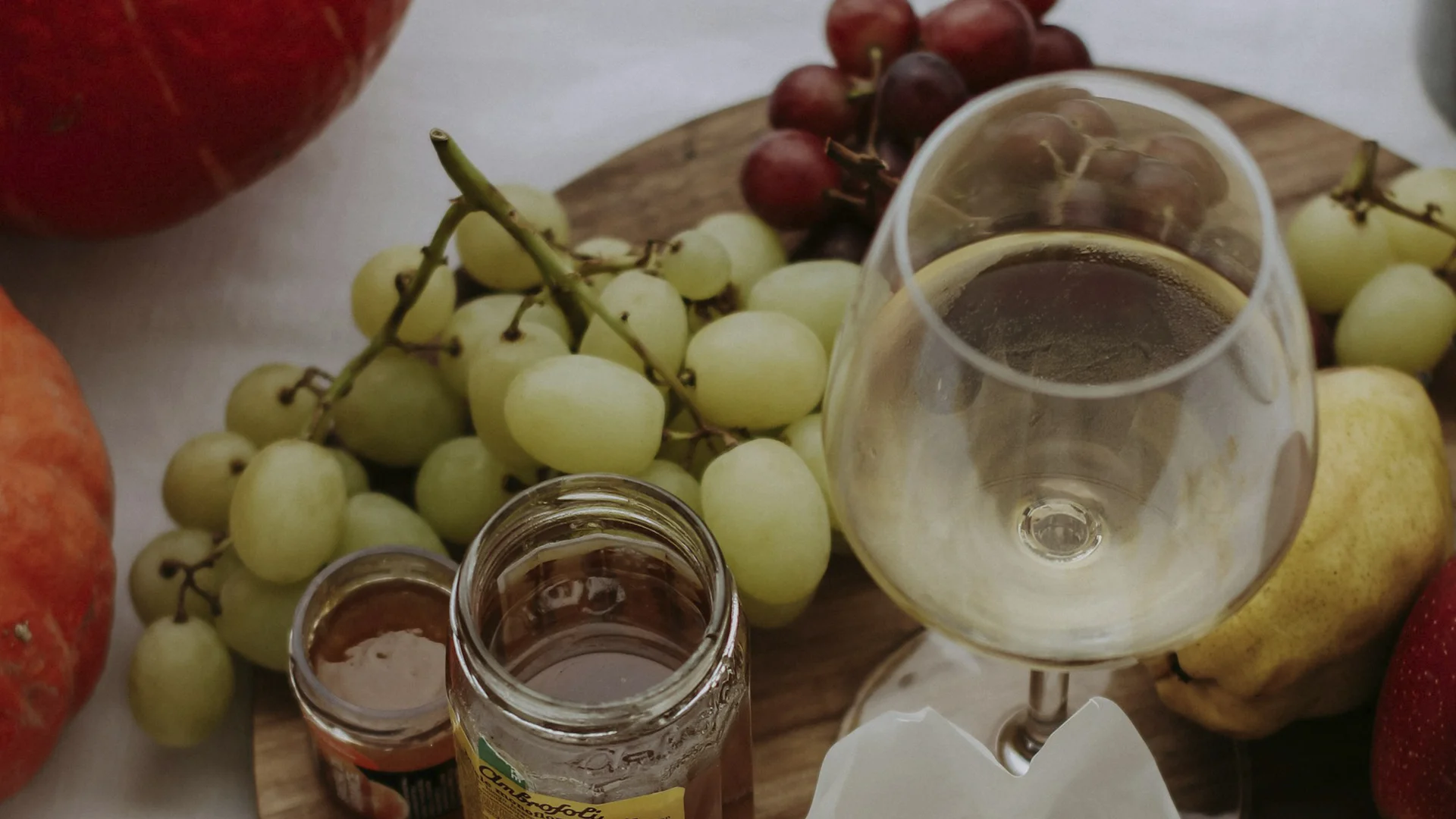













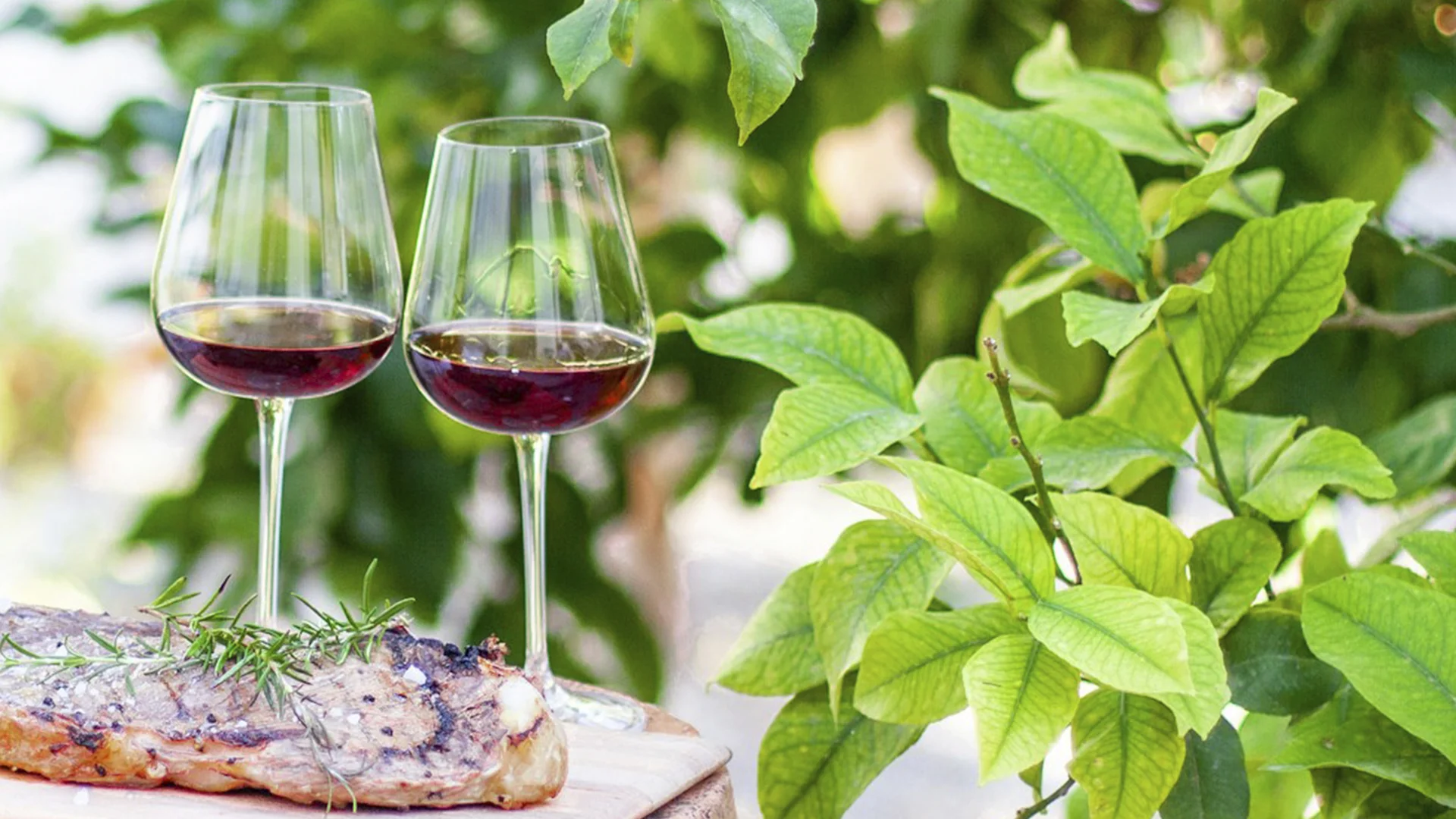





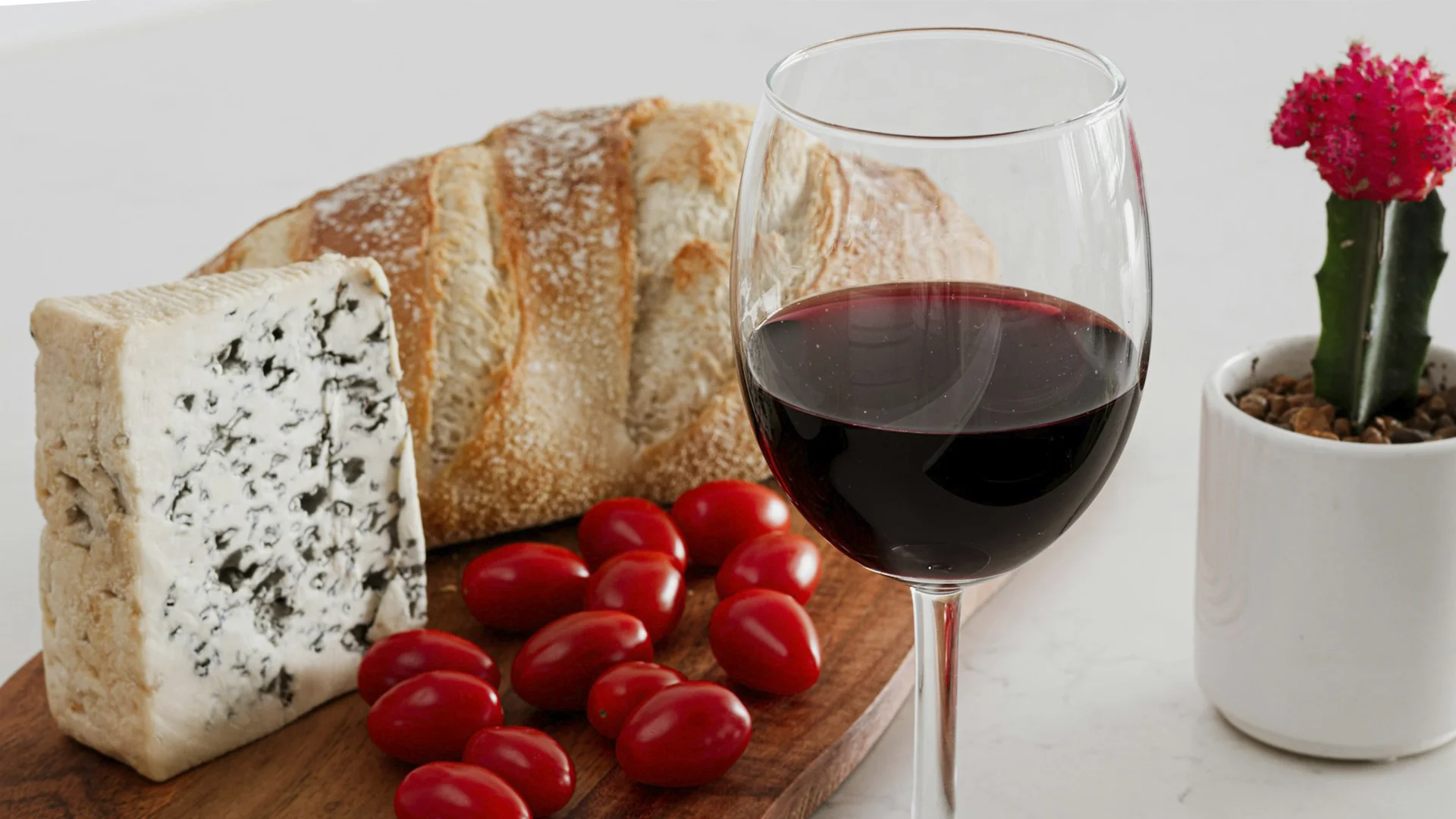

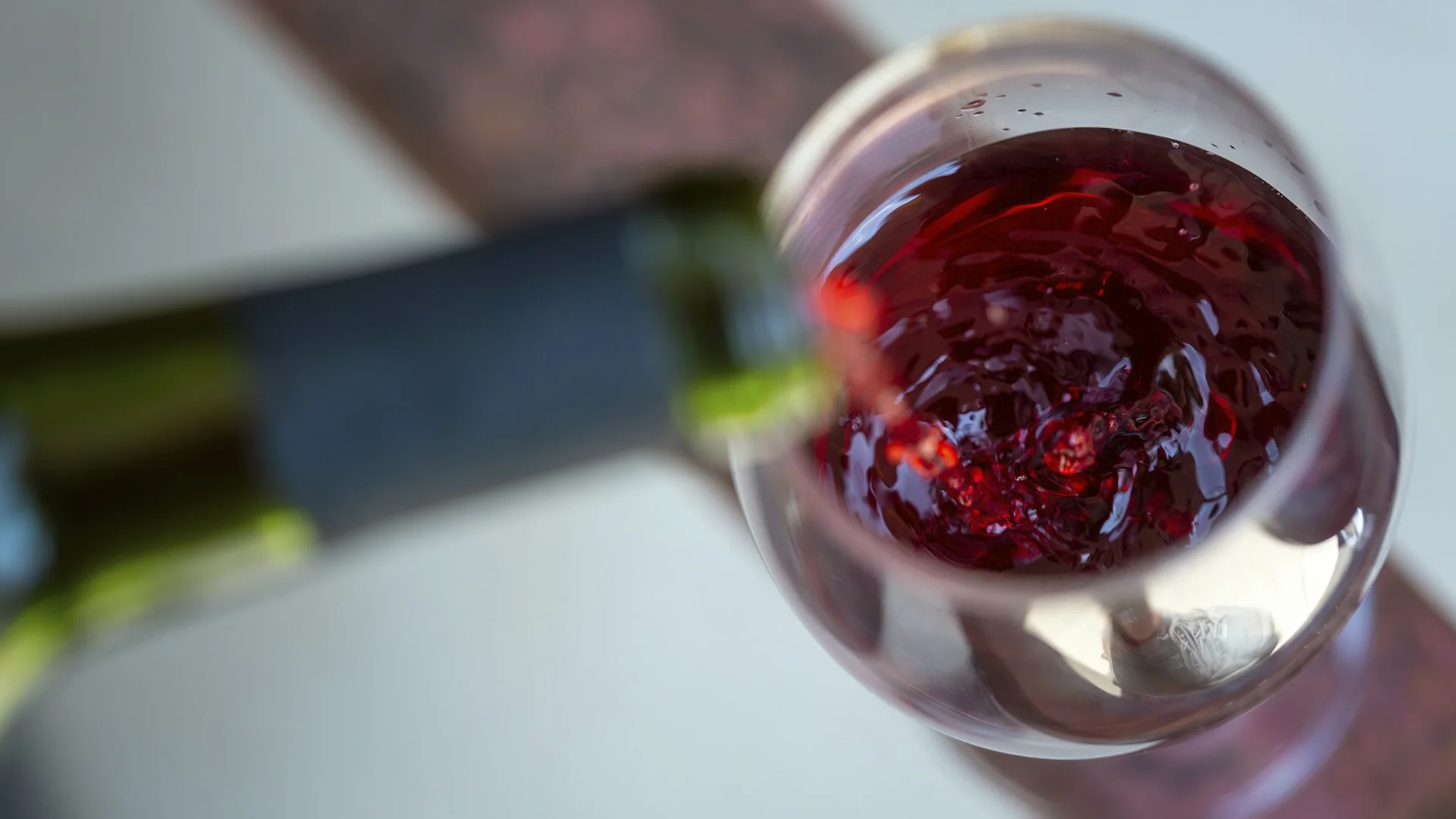




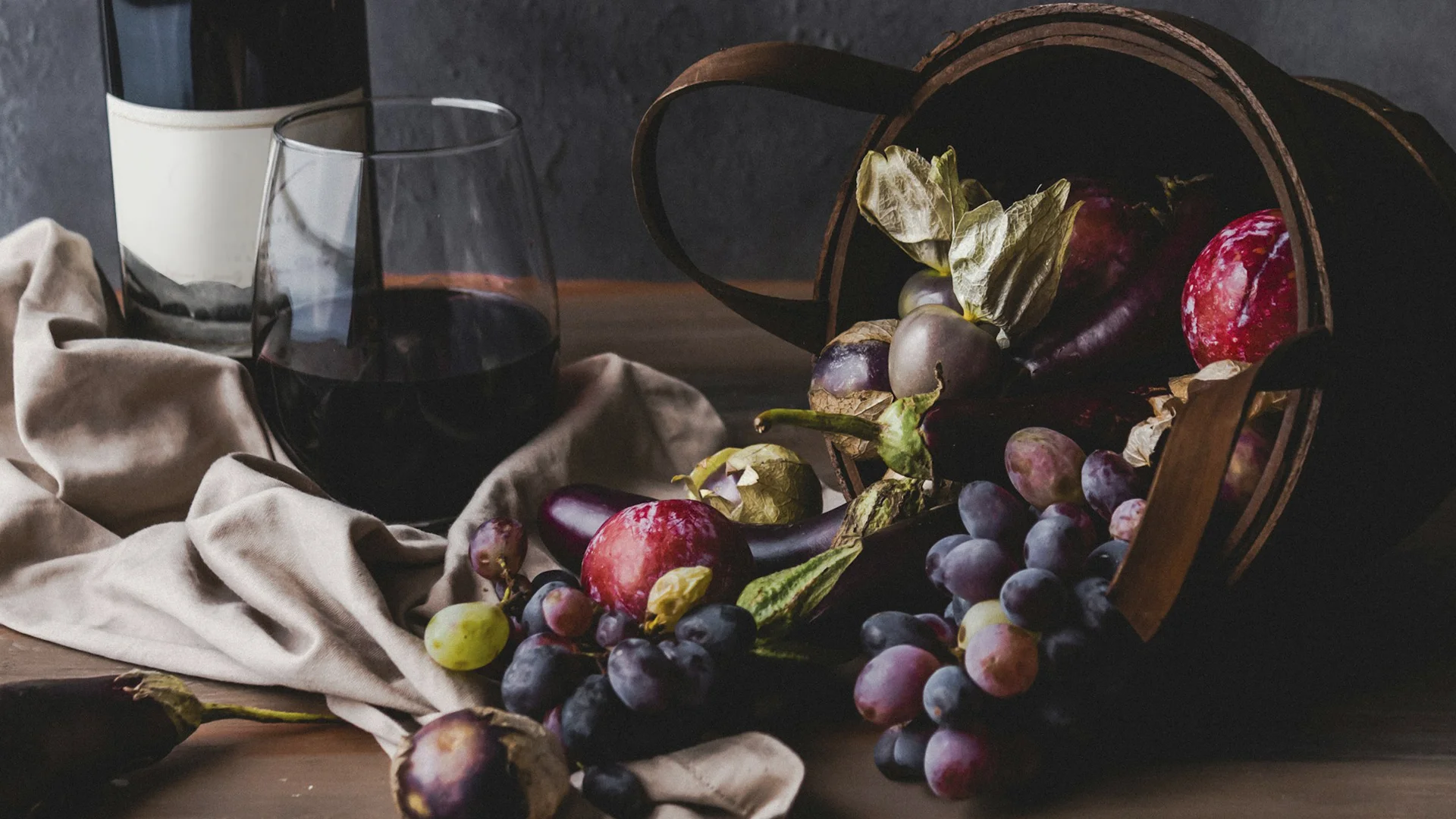
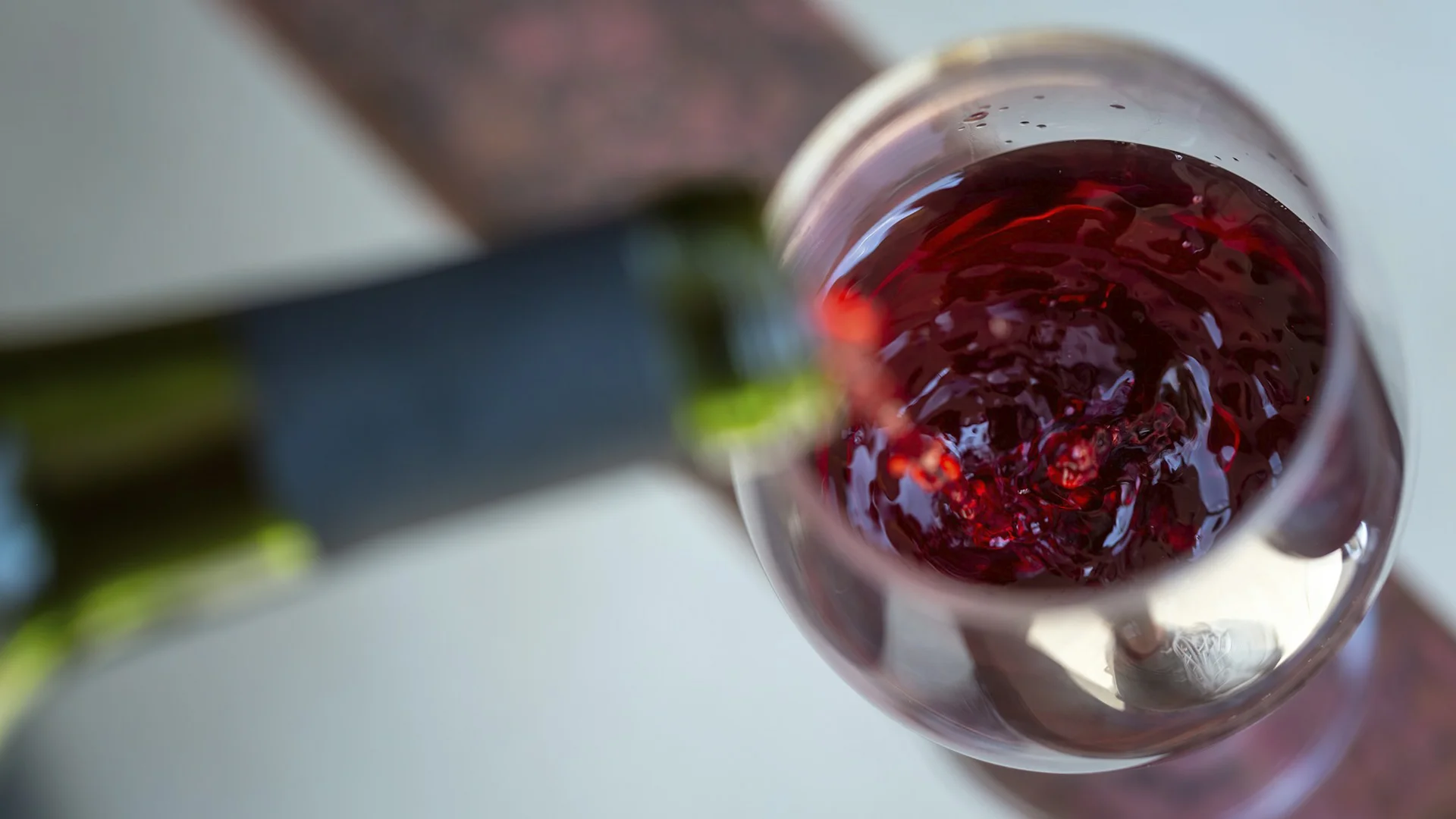







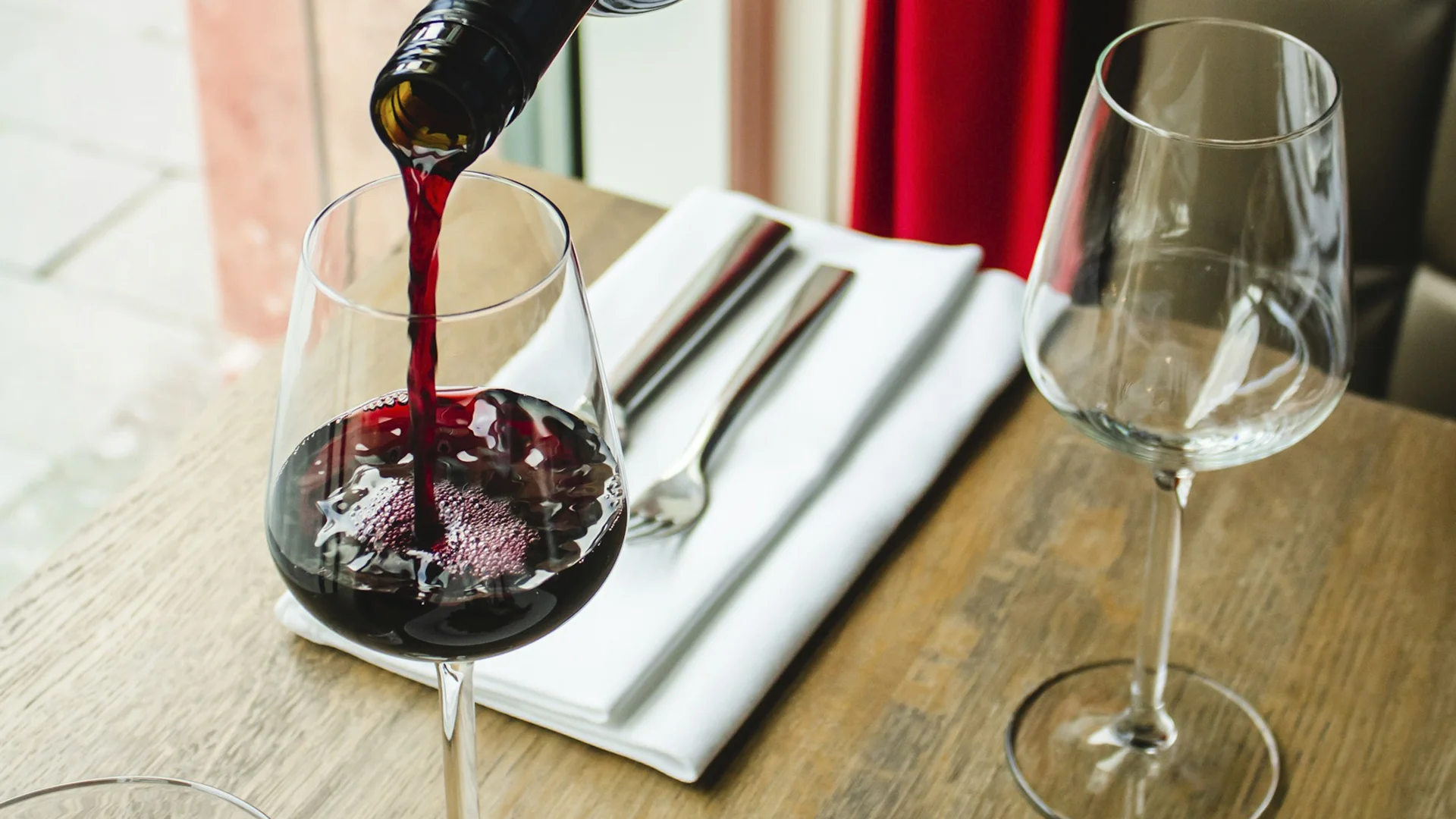












.webp)

.webp)
.webp)
.webp)


























.webp)











Are you interested in
collaborating with us?